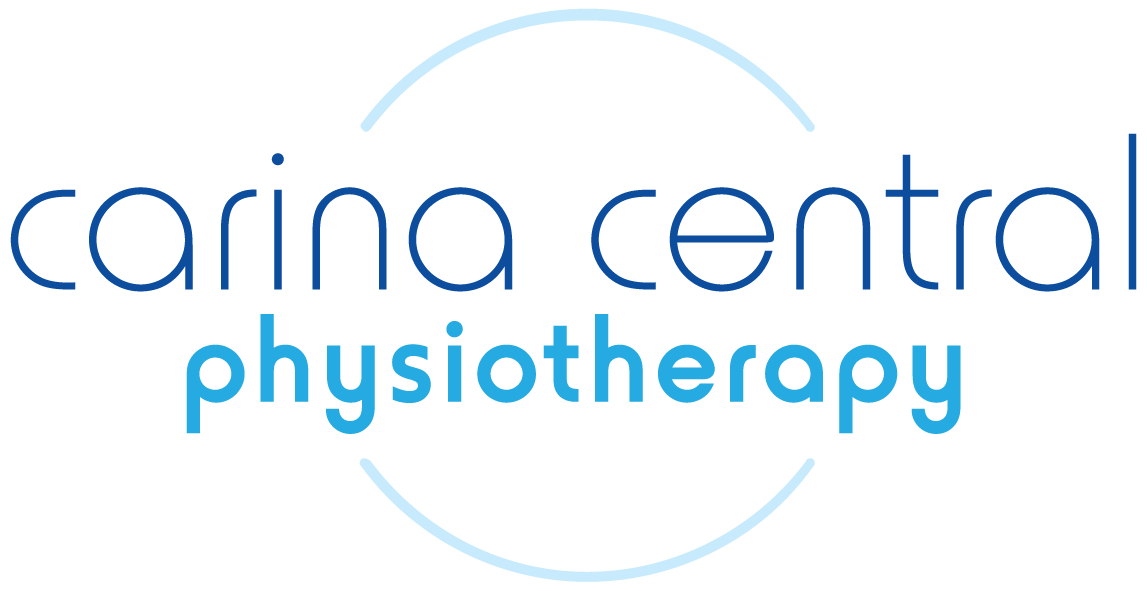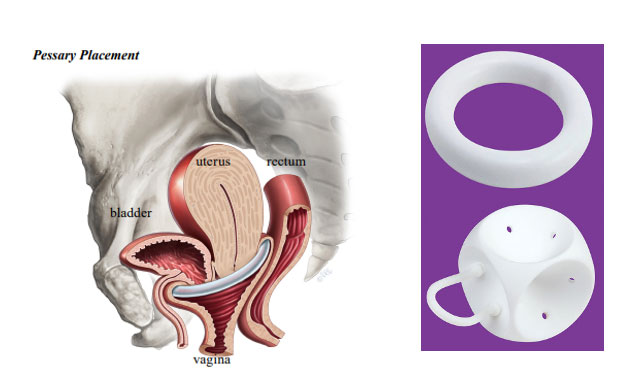
Pelvic Organ Prolapse
What is Pelvic Organ Prolapse?
Pelvic organ prolapse is a common condition affecting up to 50% of women1. It is generally caused by deficiency in the supporting structures around the pelvic organs (bladder, uterus, bowel) and vagina. This can be due to several reasons such as genetics, childbirth, chronic straining with constipation, chronic cough and/or heavy lifting. It is most prevalent after the age of 60, however women can experience symptoms at any time.
What are the signs and symptoms?
When a woman describes prolapse it is generally a feeling of pressure, heaviness or the sensation of a lump within the vagina or at the entrance. Other symptoms may also occur due to prolapse, such as urinary, bowel or sexual dysfunction3.
What is a pessary?
A pessary is a small silicone device that comes in different shapes and sizes. It is inserted in the vagina to help support the vaginal walls and hold them back into the correct position. Once the pessary is in the correct position you should not be able to feel it, and you should notice symptoms improve.
How can physiotherapy help?
Our Women’s Health physiotherapist Margie Carroll has undergone extensive training to assist with conservative management options for pelvic organ prolapse. This can include:
- Pelvic floor muscle training
- Toileting advice
- Pessary management
At your initial appointment the physiotherapist will complete a detailed assessment to determine the most appropriate way to manage your symptoms. Please book with Margie if you wish to trial a pessary; Margie will liaise with your general practitioner to ensure you have ongoing medical support.
Have further questions? Would you like to talk to a physiotherapist about pelvic organ prolapse? Call Carina Central Physiotherapy on 07 3395 2448 to make a booking, or you can book online.
REFERENCES
1. Barber MD, Maher C. Epidemiology and outcome assessment of pelvic organ prolapse. Int Urogynecol J. 2013 Nov;24(11):1783-90. doi: 10.1007/s00192-013-2169-9. PMID: 24142054.
2. Li C, Gong Y, Wang B. The efficacy of pelvic floor muscle training for pelvic organ prolapse: a systematic review and meta-analysis. Int Urogynecol J. 2016 Jul;27(7):981-92. doi: 10.1007/s00192-015-2846-y. Epub 2015 Sep 25. PMID: 26407564.
3. Bugge C, Adams EJ, Gopinath D, Stewart F, Dembinsky M, Sobiesuo P, Kearney R. Pessaries (mechanical devices) for managing pelvic organ prolapse in women. Cochrane Database Syst Rev. 2020 Nov 18;11(11):CD004010. doi: 10.1002/14651858.CD004010.pub4. PMID: 33207004; PMCID: PMC8094172.

